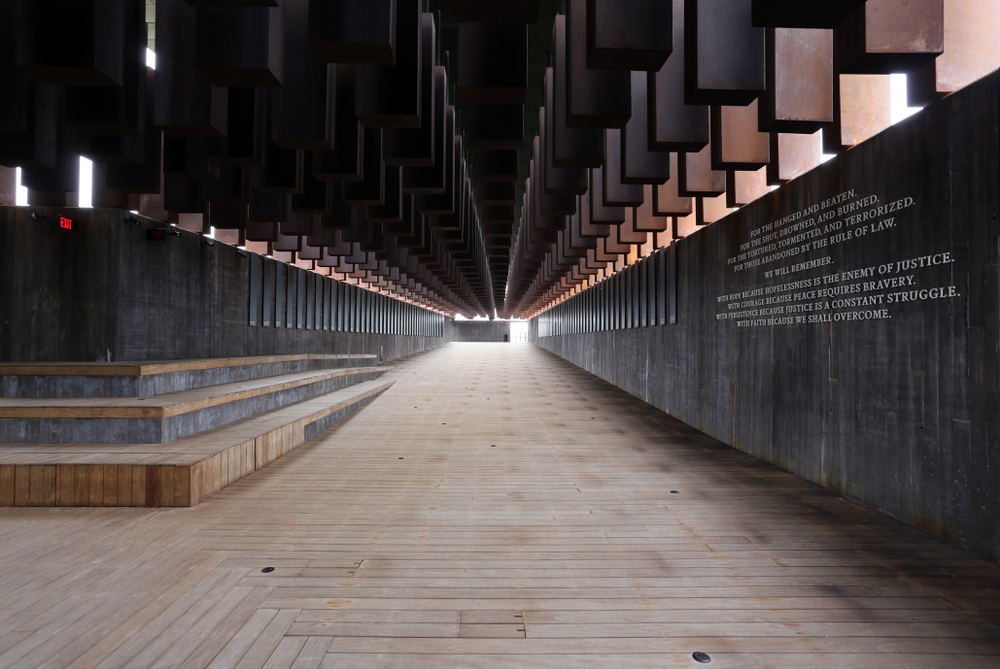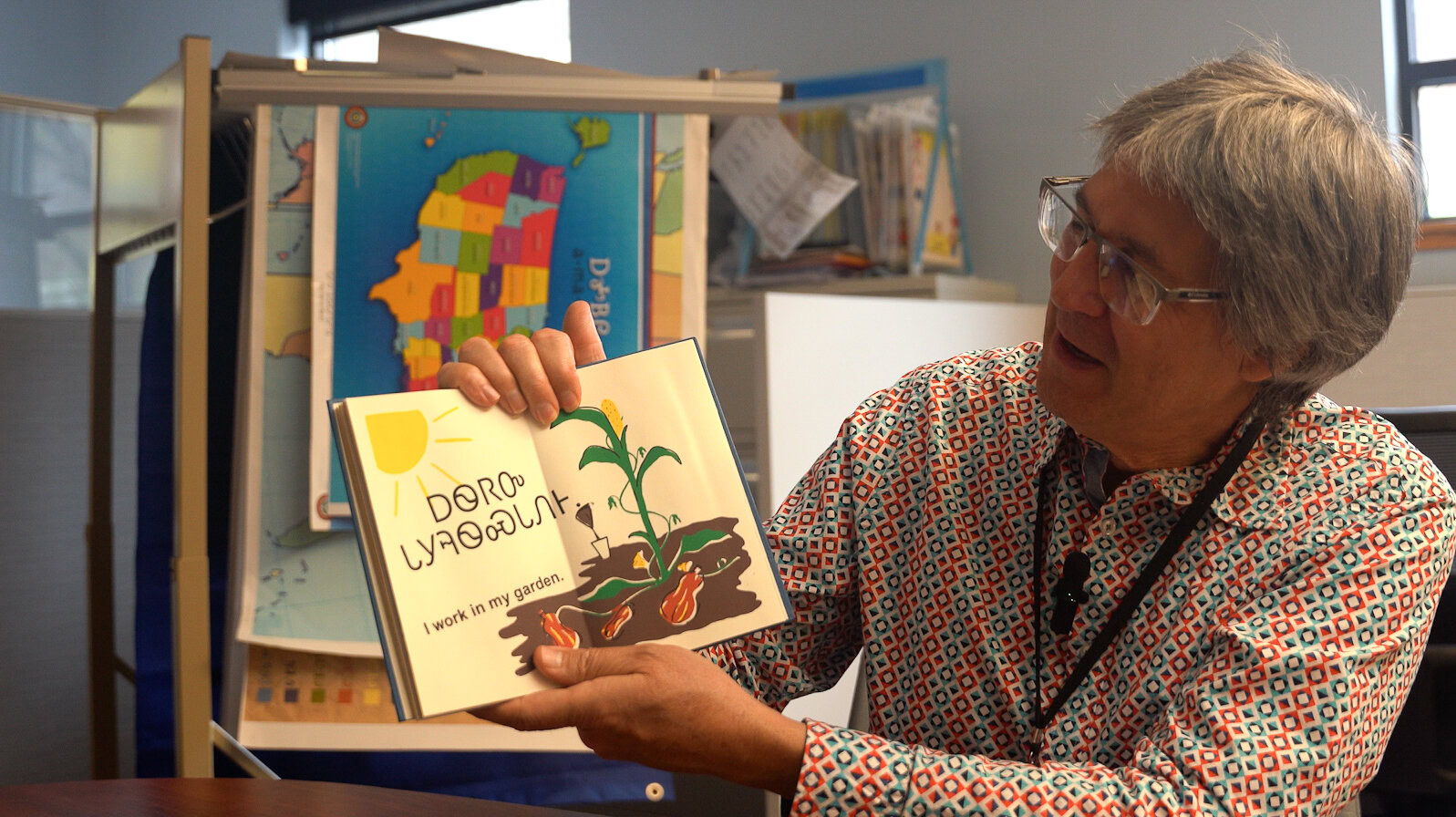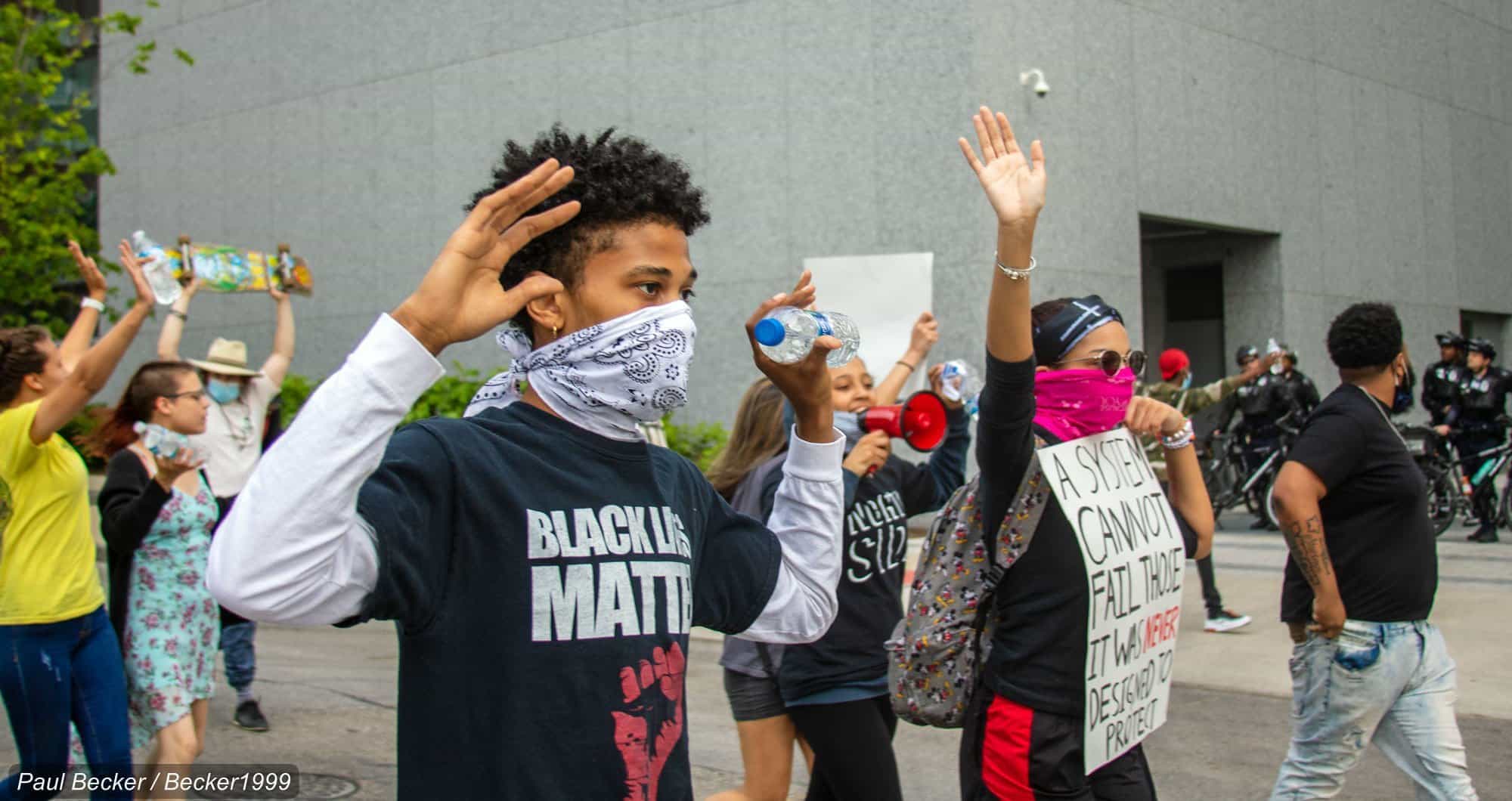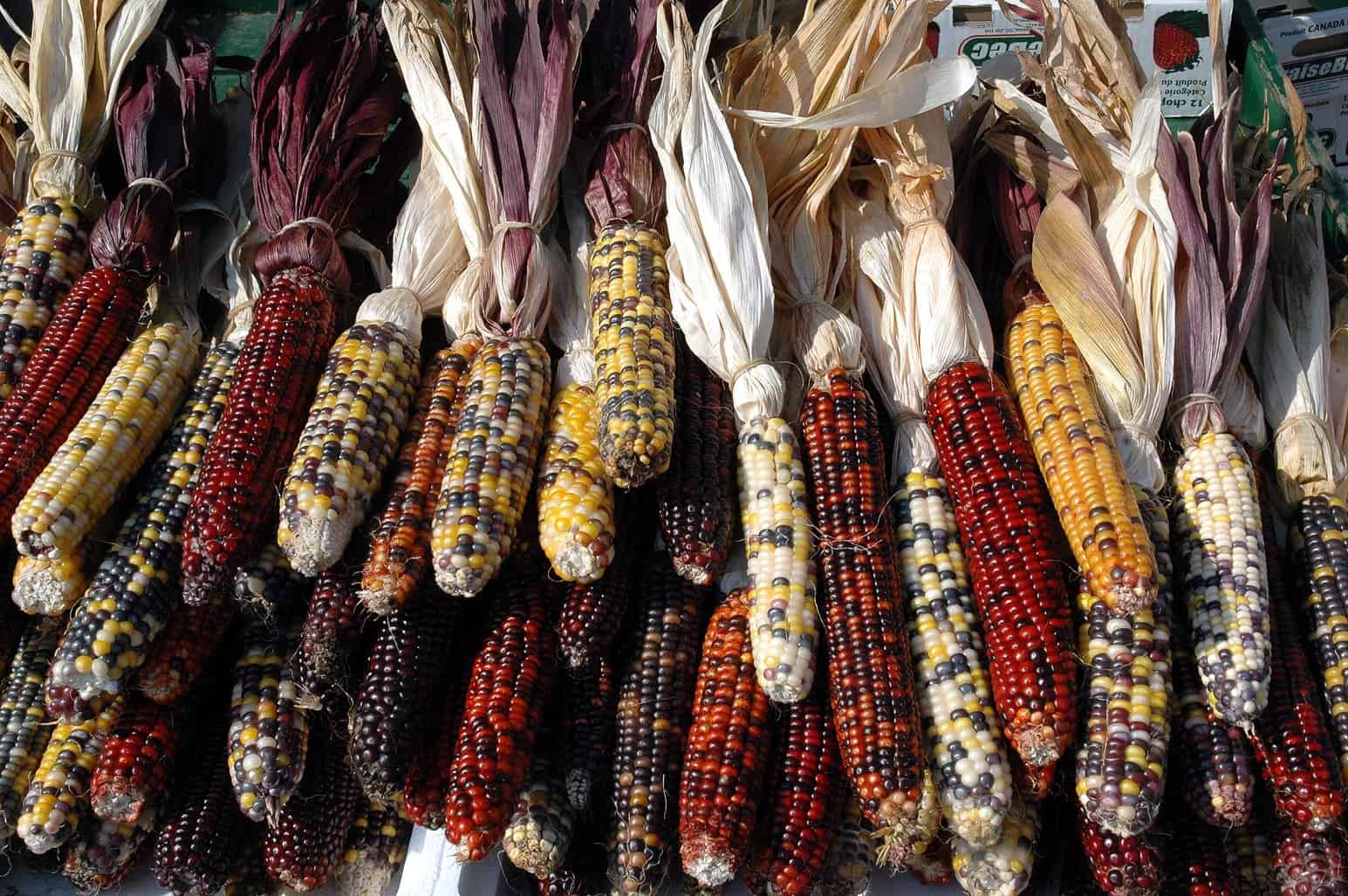Three great stories we found on the internet this week.
A breath of fresh air
Walkers and cyclists of Stockholm, rejoice: In an effort to improve air quality, the Swedish capital is introducing a new low-emission zone. Starting at the end of 2024, most gas and diesel vehicles will be banned from the city center.
Other European capital cities have made similar moves — including diesel bans in Athens, Madrid and Paris and a stricter ban in London — but Stockholm’s is “more far-reaching,” according to Lars Strömgren, Stockholm’s vice mayor for transport and urban environment.
“We have chosen an area where large numbers of cyclists and pedestrians are exposed to unhealthy air on a daily basis,” Strömgren said, noting that this part of the city is “home to forward-thinking companies that are keen to lead the transition to a more sustainable future.”
Good call
Over the 11 years that Diana Lewis’s son Jovaan Lumpkin spent in a Connecticut prison, she lost thousands of dollars to phone calls. They cost between $3 and $5 for every 15 minutes. “We don’t stop being moms or parents, no matter where your kid is,” Lewis said.
Weighed down by negative news?
Our smart, bright, weekly newsletter is the uplift you’ve been looking for.This issue is widespread, with one report estimating that a third of families with a loved one in prison go into debt to pay for calls. But thanks to a determined group of activists, in 2021, Connecticut became the first state where those in prison can make calls for free, saving families $10 million a year.
Organizers in other states have since looked to Connecticut’s example — particularly the work of the nonprofit Worth Rises — and California, Colorado and Minnesota have now abolished charges for calls from prison.
Sculpted from history
A new sculpture park opening next year in Montgomery, Alabama, will take visitors through the story of slavery in all its complexity and horror. Visitors will be able to arrive by boat — as so many Africans once did — to view sculptures, artifacts and exhibits, including two dwellings where enslaved people once lived. At the center of the park, a monument will list the more than 120,000 last names chosen by formerly enslaved people after emancipation.

The park will join Montgomery’s resonant collection of cultural sites devoted to this history, alongside the National Memorial for Peace and Justice and the Legacy Museum, all of which were developed by the Equal Justice Initiative.
The sculpture park is all about looking unflinchingly at the past. “My work is taking the bull by the horn — I don’t cover the intensity of it with symbolism,” said Akoto-Bamfo, who is depicting a shivering family that has just arrived in the Americas, one of the 27 artists with a sculpture in the park. “You can never heal from an atrocity that you deny.”










